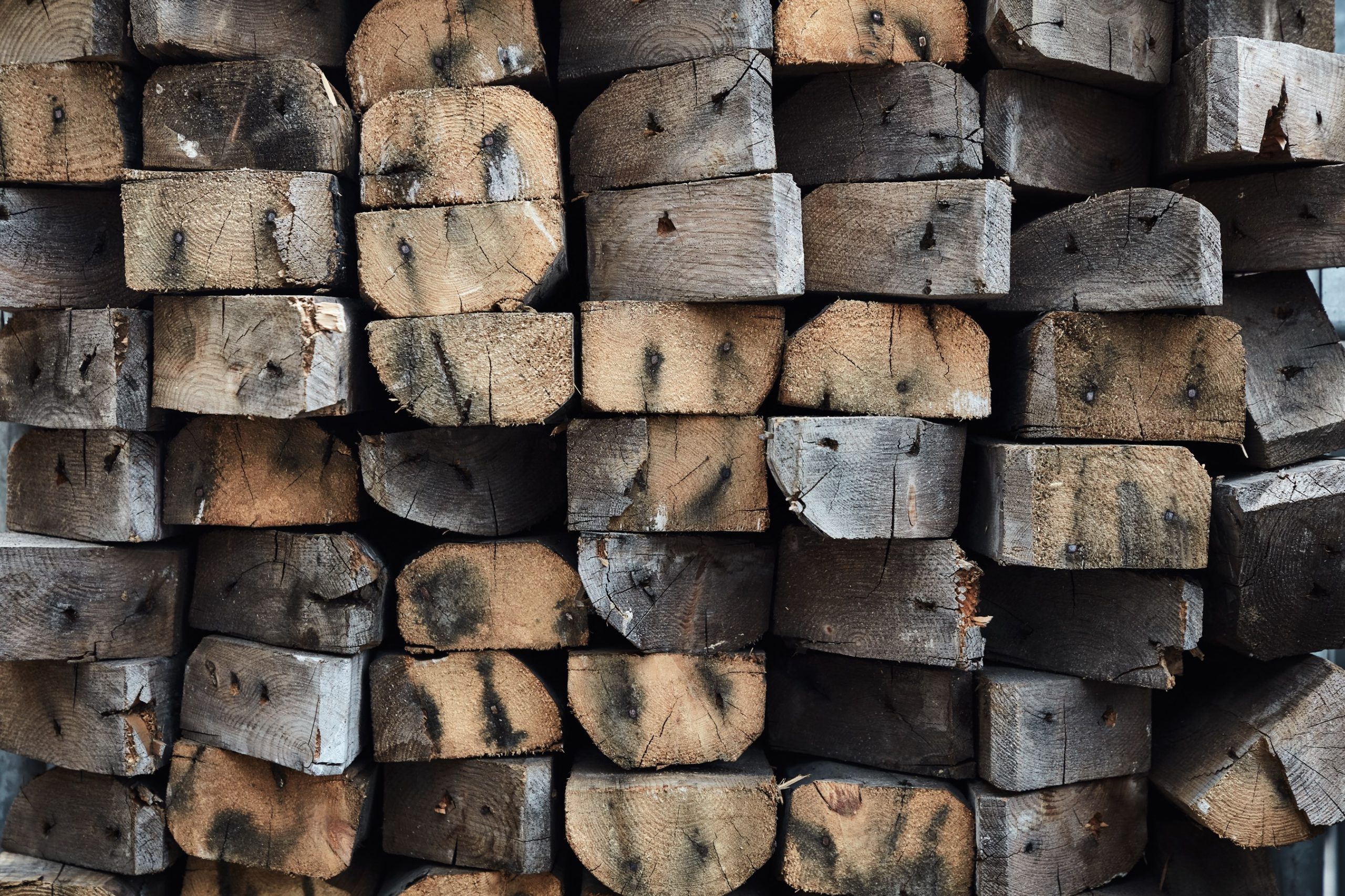Coming full circle: wood and the circular economy
Press Release -
How a European Innovation Project – Woodcircles – is spearheading a fundamental shift in the biocircular economy.
The construction sector is responsible for over 35% of the EU’s total waste generation and about 50% of all extracted resources. Woodcircles is a European innovation project targeting waste minimization through large-scale circular use of wood in construction. ‘Re-use of wood should be the rule rather than the exception’ says Anders Kjellow project coordinator.
Large scale circular use of wood could go a long way in ensuring the green transition of the construction industry. A consortium, consisting of 20 partners, has been awarded EU funding to deliver a pan-European innovation project ‘Woodcircles’. The € 9 million project aims to significantly increase circular use of wood in construction, reducing waste generation and resource consumption through increased use and re-use of wood.
‘Wood is a fantastic building material that holds great potential for the green transition. But we need to use wood wisely to ensure sustainable use of available resources. This is what Woodcircles is all about’, says Research and Development Manager Anders Kjellow from the Danish Technological Institute.
‘There are basically two challenges to tackle. Firstly, how do we make better use of construction and demolition waste-wood from demolished buildings here and now? And secondly, how do we design tomorrow’s timber buildings so that materials and components can be easily and efficiently re-used in the future? Woodcircles addresses both of these challenges’, says Anders Kjellow.
Turning wood waste into advanced building materials
Less than half of European waste-wood, an estimated 50 million tonnes per year resource, is currently being recycled. Large-scale recycling is limited to particle board production for construction and furniture and this market alone cannot absorb the available wood waste. To release its full circular potential, additional value chains must be developed for wood construction waste. To this end, Woodcircles will develop an ‘Urban Sawmill’ – a facility optimized for turning wood construction waste into high value building materials.
Karyn Boniface, Senior Vice President of Innovation, Research and Development at Woodcircles partner Stora Enso sees great potential in the development of additional value chains for wood construction waste: ‘Stora Enso aims to be a fully regenerative business by 2050 and circularity is a key enabler of this. We know there is big potential to harness from wood waste. And we believe that our beautiful renewable raw material should be utilized to its maximum and the carbon should remain stored as long as possible and for as many applications as possible. Woodcircles will help us to go further and faster in this work and include the re-use potential from the start, by creating the ecosystem along the value chain and knowledge to enable this to happen’.
Designing a circular future
One of the key barriers to recycling wood construction waste is that buildings historically have not been designed with disassembly and re-use in mind. An important part of Woodcircles is therefore to develop timber-based building systems optimised for disassembly and deconstruction.
Woodcircles partner Waugh Thistleton Architects are pioneers in multi-story mass timber building architecture and are excited by the challenge of designing an innovative building system optimized for deconstruction. ‘The goal is to keep the value of wood products and materials in the economy as long as possible, maximising the value of this material, minimising waste generation and optimising recycling and reuse’ says Kirsten Haggart, Associate Director, Waugh Thistleton Architects. ‘Woodcircles is a unique opportunity to bring together the consortium’s expert knowledge – from developers, contractors, and timber suppliers to academics, digital designers and metropolitan regions to understand the opportunities and challenges of the construction timber circular economy. Together we want to push the boundaries of what’s possible within design for disassembly and circular construction’, says Kirsten Haggart.
The Woodcircles consortium
The consortium partners represent the entire value chain for wood construction as well as universities, research organizations, and urban planning experts. To maximize impact, the developed solutions will be demonstrated in three partner cities: Rotterdam (Netherlands), Tartu (Estonia), and Turin (Italy). The project is coordinated by the Danish Technological Institute and runs for 4 years beginning June 2023.
Woodcircles consists of the following partners.
- Danish Technological Institute – Coordinator (Denmark)
- Waugh Thistleton Architects Ltd. (United Kingdom)
- Stora Enso Oyj (Finland)
- University of Cambridge (United Kingdom)
- Urbasofia SRL (Romania)
- Trimble (Finland)
- Enemærke & Petersen A/S (Denmark)
- Fundacio ENT (Spain)
- Comune di Torino (Italy)
- EnviPark (Italy)
- Folkhem Trä AB (Sweden)
- Woodfiber Aps (Denmark)
- Amsterdam University of Applied Sciences (Netherlands)
- Gemeente Rotterdam (Netherlands)
- Fondazione ICONS (Italy)
- Tartu Linn (Estonia)
- 011h Sustainable Construction SL (Spain)
- Easyscience (Austria)
- Rotho Blaas SRL (Italy)
- Iren SPA (Italy)
For further information on Woodcircles, contact Serena Cogoni, Project Manager.
Image credit: Jonathan Weimar.
